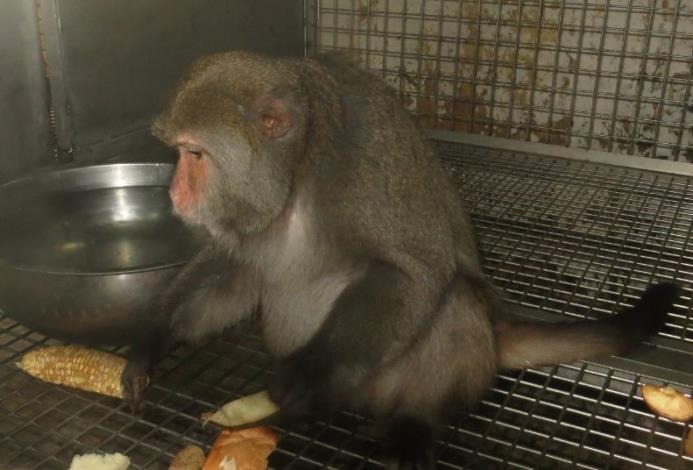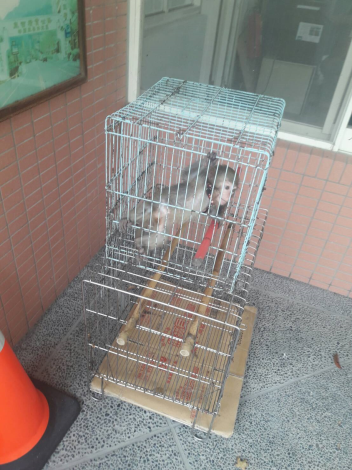No Macaques as Pets. Violators Would Lose Money and Monkey!
Taipei City Animal Protection Office (TCAPO) stated that the Council of Agriculture (COA), Executive Yuan announced on September 30, 2022 that Taiwan macaques are "designated animals that are prohibited from breeding or exporting". If people are breeding macaques of an unknown source, they must take the initiative to send the macaques to TCAPO before November 30,2022. Breeders who meet the announced criteria should complete their registration before March 31, 2023. Those who are found violating the regulations will lose both monkeys and money. Many people in modern world like to keep pets. In addition to the common dogs, cats, mice, rabbits, and birds, some people are particularly interested in keeping different and special kinds of animals. Keeping monkeys is an example. TCAPO said that the requirement to register for the raising of macaques announced by the COA aims to remind owners not only to fulfill their raising and caring responsibilities but also to safeguard animal welfare and rights. Therefore, those who meet one of the qualifications, namely "people who registered animals for record in accordance with the Wildlife Conservation Act before January 9, 2019", "the animals rescued and sheltered by the competent authorities or entrusted to relevant agencies and groups for rescue, shelter, temporary care or custody", or "animals raised for education and academic research purposes by academic research institutions, colleges and universities, or zoos that meet the requirements of Article 4, Paragraph 1, Item 6 of the Lifelong Learning Act", must apply to TCAPO for registration and future reference before March 31, 2023,so as to qualify themselves to raise macaques legally. If the registration is found not yet made, the concerned party shall be punished with a fine of not less than NT$50,000 but not more than NT$250,000 and the animal shall be confiscated in accordance with the relevant provisions of the Animal Protection Act. TCAPO emphasized that most of the macaques raised in private are young monkeys of unknown origin. When the macaques are sexually mature at about 4 years old, they will have physical and psychological changes and are highly likely to be abandoned, resulting in endless conflicts between humans and monkeys. Moreover, macaques may be the possible carriers of zoonotic diseases such as tuberculosis, rabies, and herpes virus. Once they bite people or escape into the human living environment, they will not only pose a threat to people's lives and property, but also cause damage to the ecological environment. People must not ignore such dangers. TCAPO appeals to the public not to raise macaques as pets illegally; otherwise, breeders may be fined together with the "monkeys" being confiscated.



![Taiwan.gov.tw [ open a new window]](/images/egov.png)
